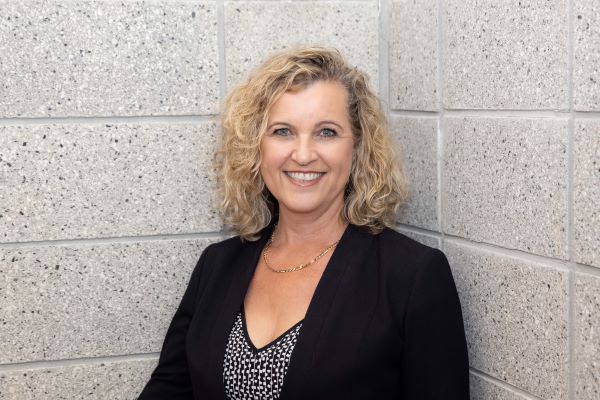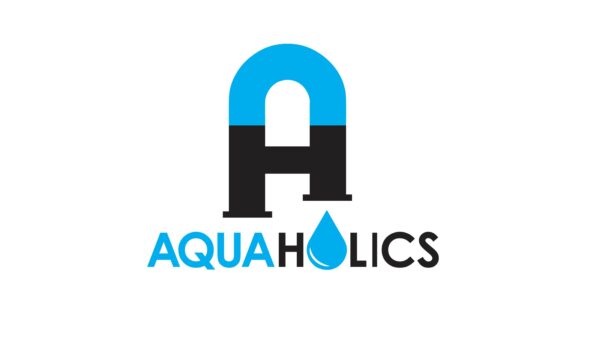We asked Richard Crabb from All Things Accounting to provide us with some insights around tax and finances, to help business owners prepare for the coming months.
What are the biggest financial challenges facing small businesses right now?
COVID-19 has impacted the world economy on a scale never seen before. We are about to enter a recession period and the business environment has been, and will continue to be, difficult for the foreseeable future. The virus has not peaked globally and has the potential to continue for some time. This is unknown territory in terms of the economic impact and the length of recovery.
Locally, business will face some hard times. There will be a loss of customers, less discretionary spending, and rising costs. This has a flow on to profitability, cashflows and employment…. not to mention rising debt levels. Various levels of Government assistance were a lifeline for most businesses over the shutdown period, but longer term, many businesses will need to make changes to survive.
IRD has introduced a number of policy initiatives regarding tax, what are some of the key ones businesses need to be aware of?
The Government has rushed through a host of changes in the last few months. The immediate one for a lot of businesses was the extension for filing deadlines, payment arrangement options, and greater ability to access interest, penalty and debt write offs.
Other changes include the introduction of the small business cashflow loan scheme, the ability to carry back tax losses, and changes to shareholder continuity rules. More specifically, the provisional tax threshold has increased to $5,000 effective for the 20/21 year, the threshold for low value assets has lifted temporarily from $500 to $5,000 until 16 March 2021 (and will then settle at $1,000), and depreciation on commercial buildings was re-introduced from 1 April 2020.
Families have also received some support through changes to tax credits and working for families tax credit entitlements, and the winter energy payment has doubled for this year.
What strategies businesses can put in place to manage their cashflow / finances?
One of the keys to survival will be a business’s cash flow cycle. Examine debtor collection days, stock turnover, excessive overheads or unnecessary costs. A good professional can help you identify your weak areas and develop strategies to generate a faster flow of cash through your business.

Some changes can be relatively simple, such as contacting suppliers and negotiating better payment terms, following up on unpaid debtors or contacting your bank to see what they can offer, to implementing more complex just in time inventory systems. One-off cash injections cash could come from selling older stock or selling excess vehicles or unused plant.
A realistic cashflow forecast/budget is invaluable. This will give you a good indication of how profitable your business may be, and whether there are any deficits in your cash flows. If the budget doesn’t look viable, look at changes you can make within your business: Are all products and services profitable? Are there costs you can reduce, or loans to restructure? It is vital to be realistic in your expectations – and don’t make false assumptions in your forecasts or about your future.
What else should businesses be mindful of?
I think in periods of uncertainty, adaptation is key. Take the opportunity to brainstorm and think outside the square. Look at your business model and consider your core business activity. What is your product or service? Who is your target market? What numbers must you achieve to be profitable? How are you delivering your product? There will be some great opportunities out there for those that spot them.
Finally, don’t be afraid to reach out and use the experts around you. There is a wealth of knowledge and experience out there. You just need to tap into it.
















































